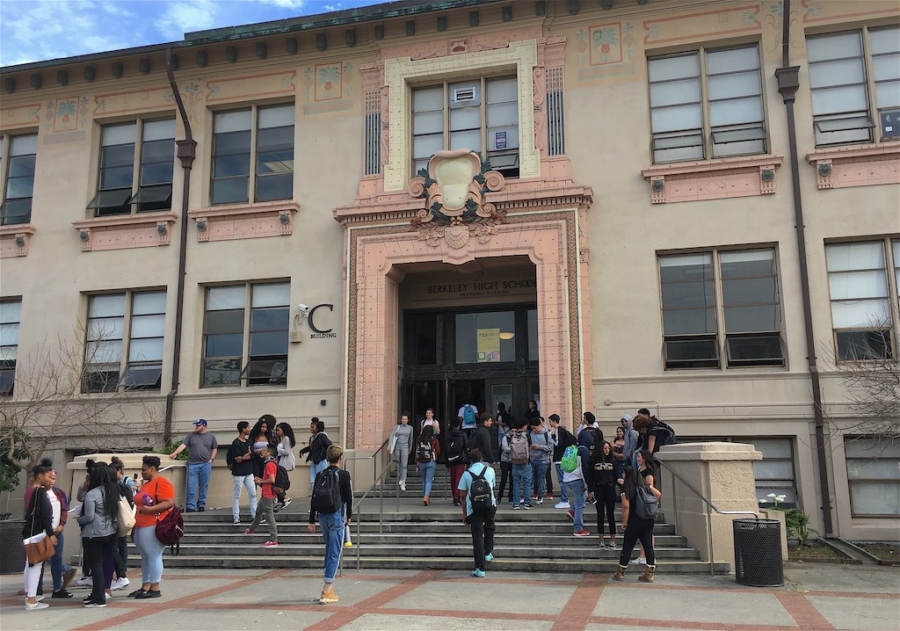Every April, to commemorate Distracted Driving Awareness Month, Zendrive shares insights from the largest dataset about how people drive. For our third annual Distracted Driving Study, we analyzed over 160 billion miles of driver data to uncover a dangerous new category of distracted drivers: Phone Addicts. This growing category of hyper-connected individuals exhibit a pattern of distracted behavior unlike any other group of risky drivers on the road and you may be one of them.
Last year, 6,227 pedestrians lost their lives to the hands of drivers who were most likely driving under the influence of a smartphone. On a national level, drivers are 10 percent more distracted this year than last. And from out under the shadows, Phone Addicts have positioned themselves as public enemy number one, replacing drunk drivers as the ultimate threat on public roads.
Phone Addicts Don’t Notice or Care That They’re Driving Distracted
Phone Addicts are glued to their phones, so they’re more distracted, more dangerous, and more likely to cause a crash. When comparing this year’s data to the 2018 report, we found that the number of ‘Phone Addicts’ doubled in the last year.
Overall, ‘Phone Addicts:’
- Spend 3x more drive time actively using their phones
- Actively ignore the road 28% of the time they’re driving
- Are on the road 1.5x more times than the general population
- Are more of a public danger than drunk drivers
To better understand what drives this behavior, we launched our first-ever Distracted Driving Survey, talking directly to drivers. The survey found that people know distracted driving is a problem, but aren’t concerned enough to change their behavior:
- 85% of respondents acknowledged distracted driving is a problem
- 90% claimed to be safe drivers, but…
- 47% admitted to using phones 10% or more of the time while driving, classifying them as ‘Phone Addicts.’

The least safe drivers are ignorant of the danger they pose… which means any of us could be a threat to those around us and not know it.
Is Driver Phone Use Really Worse than Drunk Driving?
Our blatant overconfidence paired by a relentless addiction to stay connected is clear. But how does this stack up against drunk driving? Could driver phone use really be worse?
In a 2006 study conducted by the University of Utah, cell phone drivers were found to be just as bad as drunks. However, when controlling for driving conditions and time on task, smartphone drivers exhibited greater impairment than intoxicated drivers. The study revealed that the driving abilities of cell phone users are akin to drivers with the legal blood-alcohol limit of 0.08 percent.
The researchers specifically found that cell phone users are:
- Are more likely to crash
- Drive more slowly
- 9 percent slower to deploy the brakes
- 24 percent more variance in their following distance
- 19 percent slower to return to normal speed after braking
We know distracted drivers’ behavior is at least as dangerous as drunk drivers. But Phone Addicts outnumber drunk drivers, too. According to the AAA Foundation for Traffic Safety, the highest number of drunk drivers are on the road between midnight and 3 am, with fatal crashes four times higher at night than during the day. Our data shows Phone Addicts are on the road at every hour of the day, with peak hours during times most folks are on the road, between 7 am and 6 pm. Which means that both in number and in timing, distracted drivers are a bigger danger than drunk drivers.

Since 1982, drunk driving fatalities have decreased by 48 percent. This progress, although significant, has taken decades to accomplish. With all of the data and information available to us today, does it need to take an entire generation to eradicate distracted driving?
If one thing is certain, our driving patterns in 2018 cannot be carried into the future. 2019 will be a decisive year in the fight against driver phone use. If not curbed, this massive epidemic will lead to a significant rise in traffic fatalities and seismic challenges in the coming decade. While the hope of zero traffic fatalities remains alive, a serious threshold has been crossed in terms of the number of distracted drivers we should tolerate on public roads.
Pledge to #TextYouLater
Together, we have the chance to make history and create safer roads for all. To help people concentrate on the road, Zendrive is launching the #TextYouLater challenge. Participants are encouraged to set up their driving autoresponders (through “Do Not Disturb While Driving” mode on iOS devices, and through “Android Auto” on Android devices), take a screenshot, then tweet their pledge while tagging their friends to do the same. Autoresponders reduce distractions like texting and calls, two of the most common activities found in the study, and can make the roads safer.
We invite you to take the #TextYouLater pledge on Twitter and partner with us to create safer roads for all! To download Zendrive’s 2019 Distracted Driving Study, click here.

